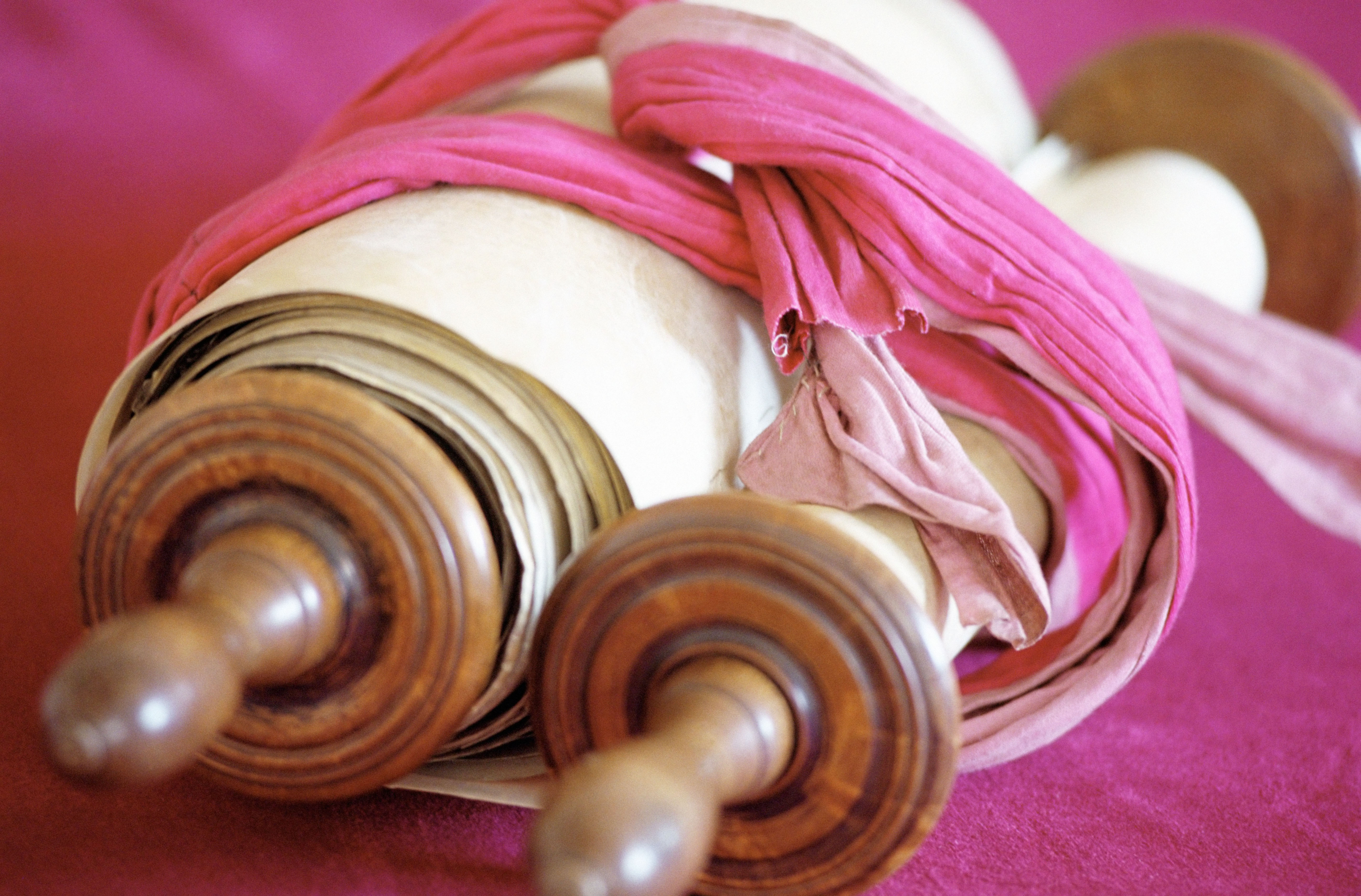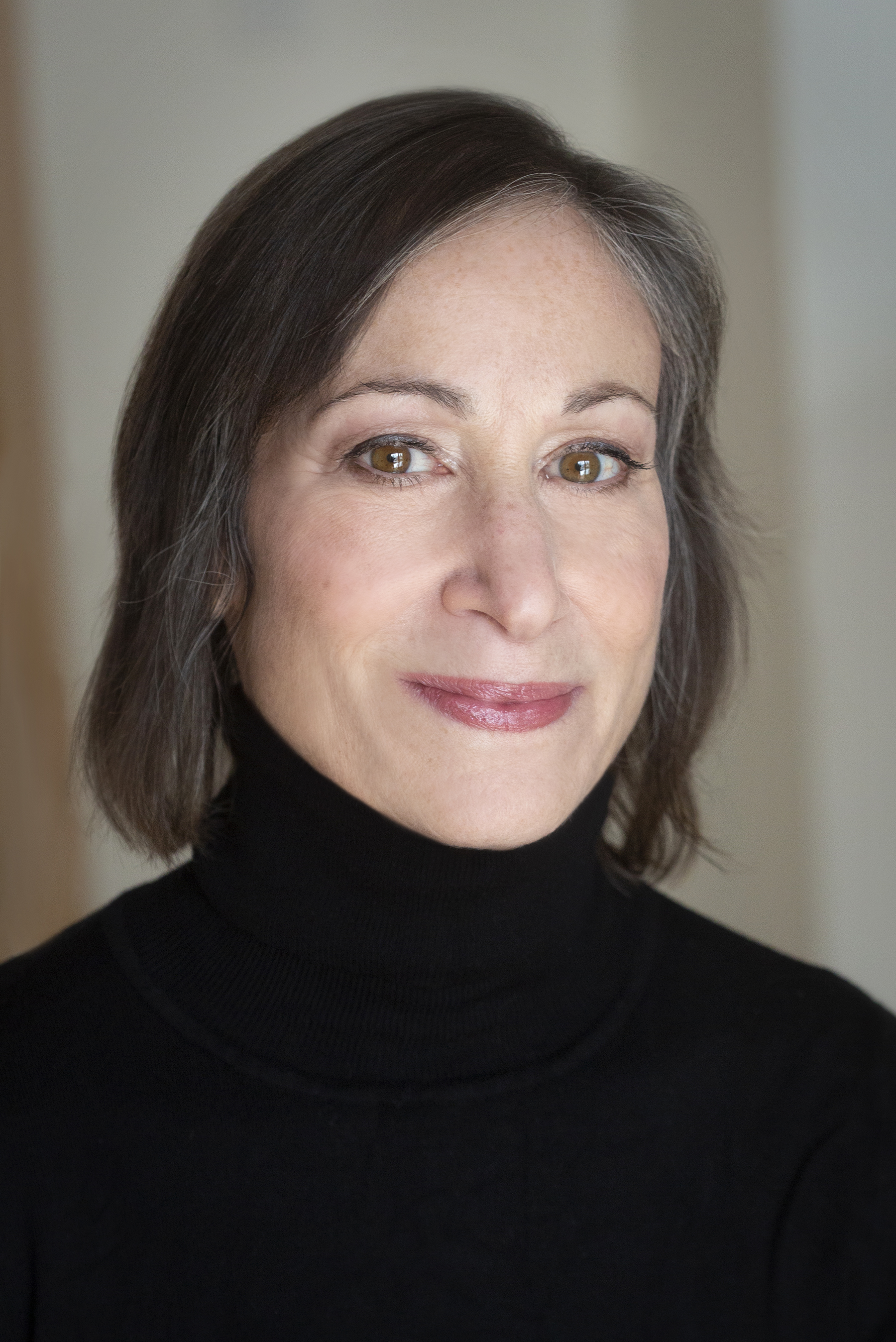
This week’s Torah portion, Parashat Chukat (“decree”), reports on the deaths of both Miriam and Aaron–two significant leaders in the Torah. After Miriam’s death, which came first, we learn: “The community was without water, and they joined against Moses and Aaron. . . . The Presence of Adonai appeared to them, and Adonai spoke to Moses, saying, ‘You and your brother Aaron take the rod and assemble the community, and before their very eyes order the rock to yield its water.’” (Numbers 20:2, 6-8) However, Moses, perhaps in his grief over Miriam’s death, strikes the rock–rather than following God’s instructions. As a result, Moses loses his right to lead the people into the Promised Land.
How devastated Moses must have been by the death of Miriam. Not only was she a strong leader, along with Moses and Aaron–a leader who understood the importance of praising God–she was also his beloved sister. And what a trio of siblings they were! Other well-known Biblical siblings did not always work together so cohesively. Consider Cain, who killed his brother Abel, or Jacob, who tricked his brother Esau out of his birthright, the implied competition between Rachel and Leah, or the anger and jealousy between Joseph and his brothers. Relationships with siblings can be challenging at times, but they make us stronger.
I have two of my own siblings–my older brother David and my younger sister Naomi. David, as the oldest, was frequently our leader during our youth. He was the first to do everything and set the bar quite high, as firstborns often do. Although seven years younger than him, my sister has always been a leader in her own right–filled with kindness and compassion for others. Although my sister and I are lucky enough to live nearby, our brother has lived in Israel for more than 40 years, and maintaining connections can be hard. Growing up with strong siblings is not always easy, but the rewards are great, as we learn so much from those who know us well.
I was recently reminded of the power of Miriam when my family unveiled the headstone for my beloved aunt. One of my cousins spoke about Miriam and how difficult it was for the Israelites to move forward when Miriam died. He spoke about how vital it is for our family to move forward together despite the loss of one of our family’s own strong women leaders.
We learn so much from all of those we lead, including our chosen siblings or our “sisters” from Women of Reform Judaism (WRJ). WRJ stands on three foundational pillars: sisterhood, spirituality, and social justice. For me, the “sisterhood” pillar is so significant. Why do most of our members join WRJ? Of course, they relish the spiritual aspects, and so many have a passion for social justice. However, so often, our members join for the community, friendship, and sisterhood – the opportunity to come together with their sisters in joy and celebration and for the support provided in difficult times. This summer, many of our members plan to come together again in person after a long hiatus, and for those who are comfortable, there will be hugs. Our WRJ women are leaders–leading together–as we learn in community and from one another.
In Parashat Chukat, we read how the community begins to heal after the death of Miriam and Aaron. Our community will need to figure out ways to heal as well, after the pain and challenges of the past few years. There will be new, different types of opportunities, and we will find creative ways to lead. With the accompanying grief, all endings provide us with time and space to consider how we will respond and move forward. My community is working through grief from this week’s July 4th mass shooting, at which we lost one of our synagogue members. The support from our sisters throughout the world has been heart-warming and provides hope—although we know that much must change. Miriam’s leadership helps us to understand how important and difficult change is. Just as she showed the Israelites the way, through her singing and dancing, so will we all move forward in the best ways we can.
We hope those who are comfortable will join your women’s groups’ upcoming planned events. Whether it be an outdoor hike, Torah study, a communal dinner or coffee, or a book discussion, please join your community. Our WRJ districts are also planning in-person events again. We hope to see you at your District Area Days, Kallot, advocacy events, and leadership programs. Spend time with old friends, make new ones, and share in the support of “sisterhood.” We can’t wait to see you all again.
Related Posts

Continuing to Educate and Empower People Together

My Challah-Making Experience


